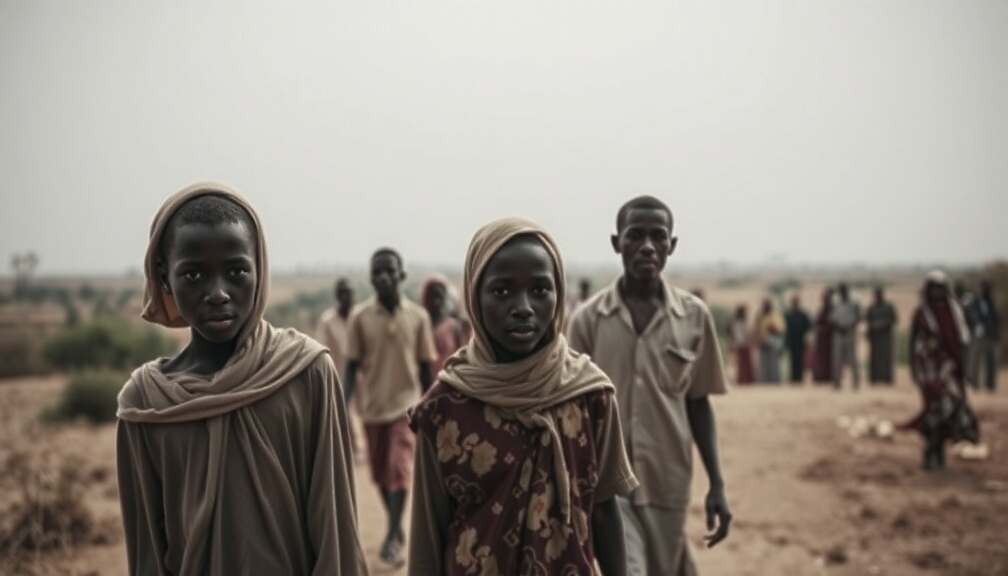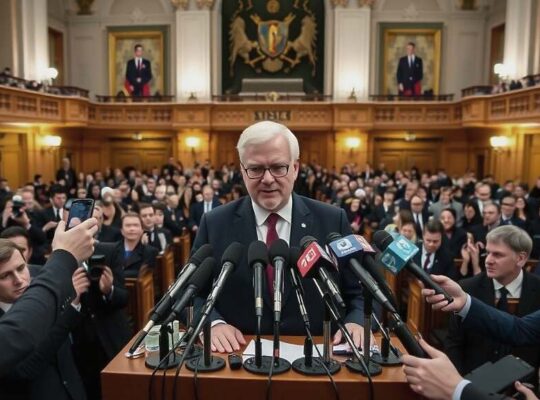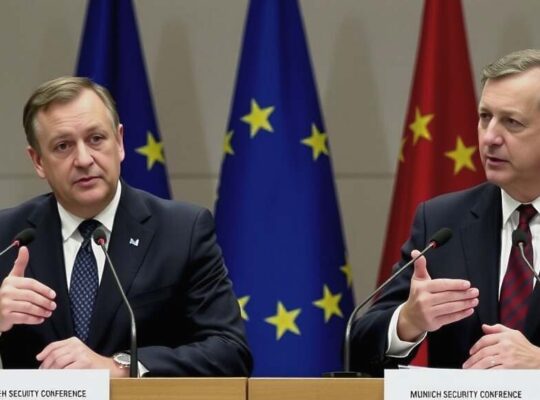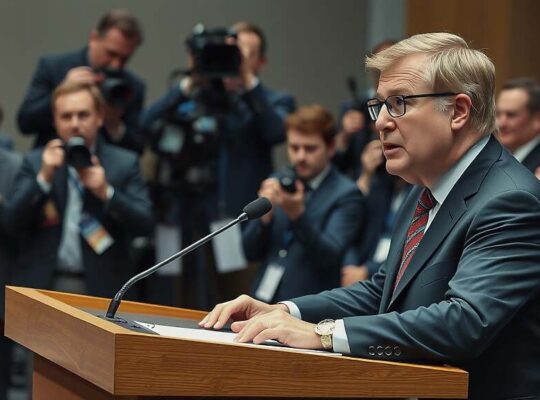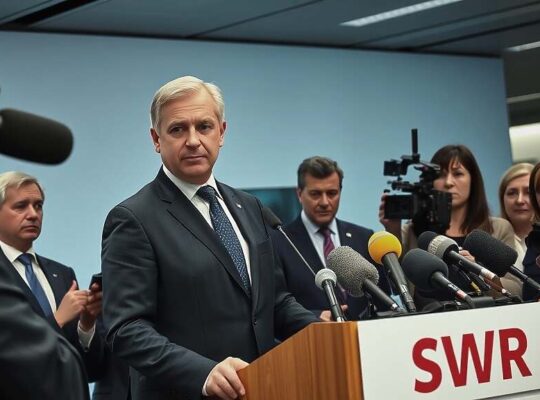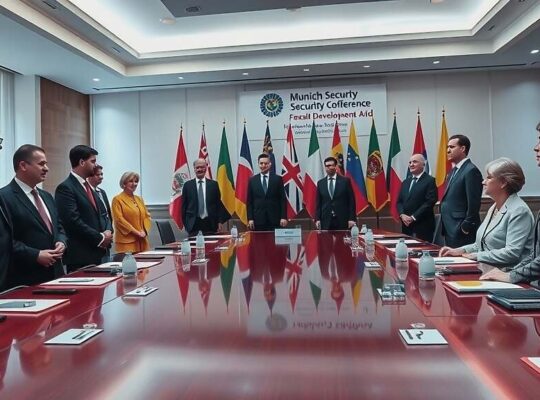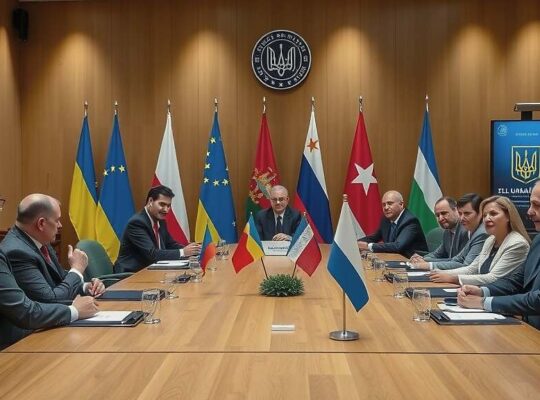The humanitarian crisis in Sudan has reached staggering proportions, prompting stark criticism from German State Minister for Foreign Affairs, Serap Güler, following her recent visit to the conflict-ridden nation. Güler, of the Christian Democratic Union (CDU), underscored the gravity of the situation, stating that Sudan is currently experiencing the world’s largest humanitarian disaster with approximately 30 million people reliant on aid, 25 million facing hunger and 15 million displaced.
The CDU politician voiced frustration over the international community’s perceived lack of attention to Sudan’s plight. “The sheer scale of the suffering is undeniable and I struggle to understand why this region has received so little focus” she stated in an interview with RTL and ntv. Her visit was, in part, intended to send a message to warring factions: “That they cannot simply act with impunity because the world isn’t watching.
Güler’s assessment carries a pointed implication that the crisis has been allowed to escalate due to a combination of factors, including geopolitical complexities and a prioritisation of other global concerns. She explicitly advocates for a shift in approach, arguing that external pressure needs to be channeled through regional power brokers rather than direct intervention from Western nations.
Specifically, Güler calls for intensified support for the “Quad” initiative – a coalition comprised of Saudi Arabia, Egypt, the United Arab Emirates and the United States – which has proposed a peace process, demands a ceasefire and calls for unfettered humanitarian access. She emphasizes that Germany and the European Union should actively and strategically bolster this regional framework.
Crucially, Güler strongly discourages the deployment of German or EU military forces in Sudan, rejecting the notion of a military solution to the conflict. Her stance reflects a growing consensus amongst some policymakers who believe that a militarized response would only exacerbate the instability and potentially prolong the suffering of the Sudanese people. However, it also raises questions about the efficacy of relying solely on regional powers – whose own interests may not always align perfectly with the humanitarian needs of the Sudanese populace – to navigate the complex political landscape and achieve lasting peace.


